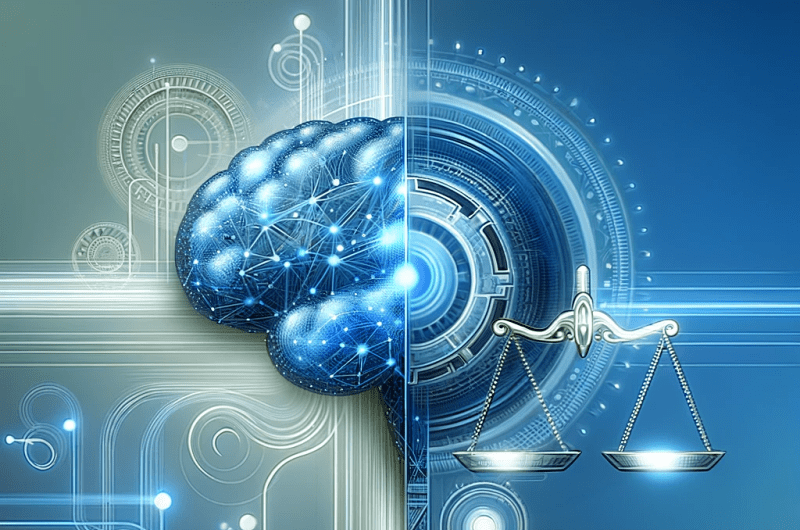The Emerging Importance of Ethical AI
The AI market is rapidly expanding, with forecasts suggesting its valuation will surpass $1 trillion by 2030. This growth reflects AI’s deepening integration into our economic fabric and underscores why an ethical approach to AI development and deployment is essential. As businesses harness AI’s capabilities, ethical AI practices are becoming a cornerstone of sustainable growth, consumer trust, and social license to operate.
The Ethical Challenges of AI
A Gartner report projects an unsettling forecast that up to 85% of AI projects could yield erroneous outcomes due to biases by 2022. This staggering statistic brings to light the ethical conundrum that AI presents: while it holds the potential to revolutionize industries, it also harbors the risk of perpetuating and amplifying existing societal biases.
Understanding Ethical AI
At the heart of ethical AI lies a set of core principles designed to ensure that AI systems are developed and used in a manner that is fair, trustworthy, and aligned with human values. The European Commission’s High-Level Expert Group on AI has identified seven key requirements for trustworthy AI, including transparency, diversity, fairness, societal and environmental well-being, privacy, robustness, and accountability. These principles have been linked to increased consumer trust, which can translate into significant revenue growth.
Data Privacy and AI
Data privacy stands as one of the most pressing consumer concerns in the digital age. An IBM report notes that more than 80% of consumers are more skeptical about how companies use their data. This concern has regulatory implications, evidenced by the GDPR’s stringent penalties for non-compliance, but it also offers an opportunity for companies to differentiate themselves by championing responsible data stewardship.
Mitigating Bias in AI Systems
The issue of bias in AI systems is not just a theoretical concern but a practical one, with real-world implications. Studies from leading institutions like MIT and Harvard have revealed significant error rates in facial recognition technologies, particularly affecting individuals with darker skin tones. The lesson is clear: without diverse data sets and rigorous testing, AI systems risk inheriting and amplifying societal biases.
AI Transparency and Accountability
Transparency and accountability in AI are paramount for user trust and agency. The AI Transparency Institute’s framework emphasizes traceability, explainability, and user consent. By unraveling the “black box” of AI, companies can bridge the gap between the complex workings of AI systems and the understandable explanations demanded by users and regulators.
Ethical AI in Practice
The practical implementation of ethical AI is exemplified not just by IBM’s AI Ethics Board but also by a collective industry effort. Microsoft’s AETHER Committee and Salesforce’s Office of Ethical Use are deeply involved in guiding AI ethics. Similarly, SAP and Intel enforce ethical AI through their respective committees and guidelines. These actions demonstrate a widespread commitment to making ethical considerations a core aspect of AI development and deployment.
The Role of AI in Enhancing Data Ethics
The power of AI to address societal challenges is not limited to Google’s AI for Social Good program. DeepMind and OpenAI are investing in understanding the societal impacts of AI, while Facebook is conducting research to develop unbiased algorithms. Accenture’s AI Fairness Tool exemplifies the industry’s drive to ensure transparent and equitable AI solutions. Together, these initiatives highlight the significant role AI plays when guided by ethical principles, benefiting society at large.
The Way Forward with Ethical AI
The future of AI is inexorably tied to our ability to instill ethical practices into its development and use. As AI becomes more pervasive, it is imperative that all stakeholders—businesses, technologists, policymakers, and civil society—engage in a continuous dialogue to ensure that the evolution of AI is congruent with our collective ethical standards.



